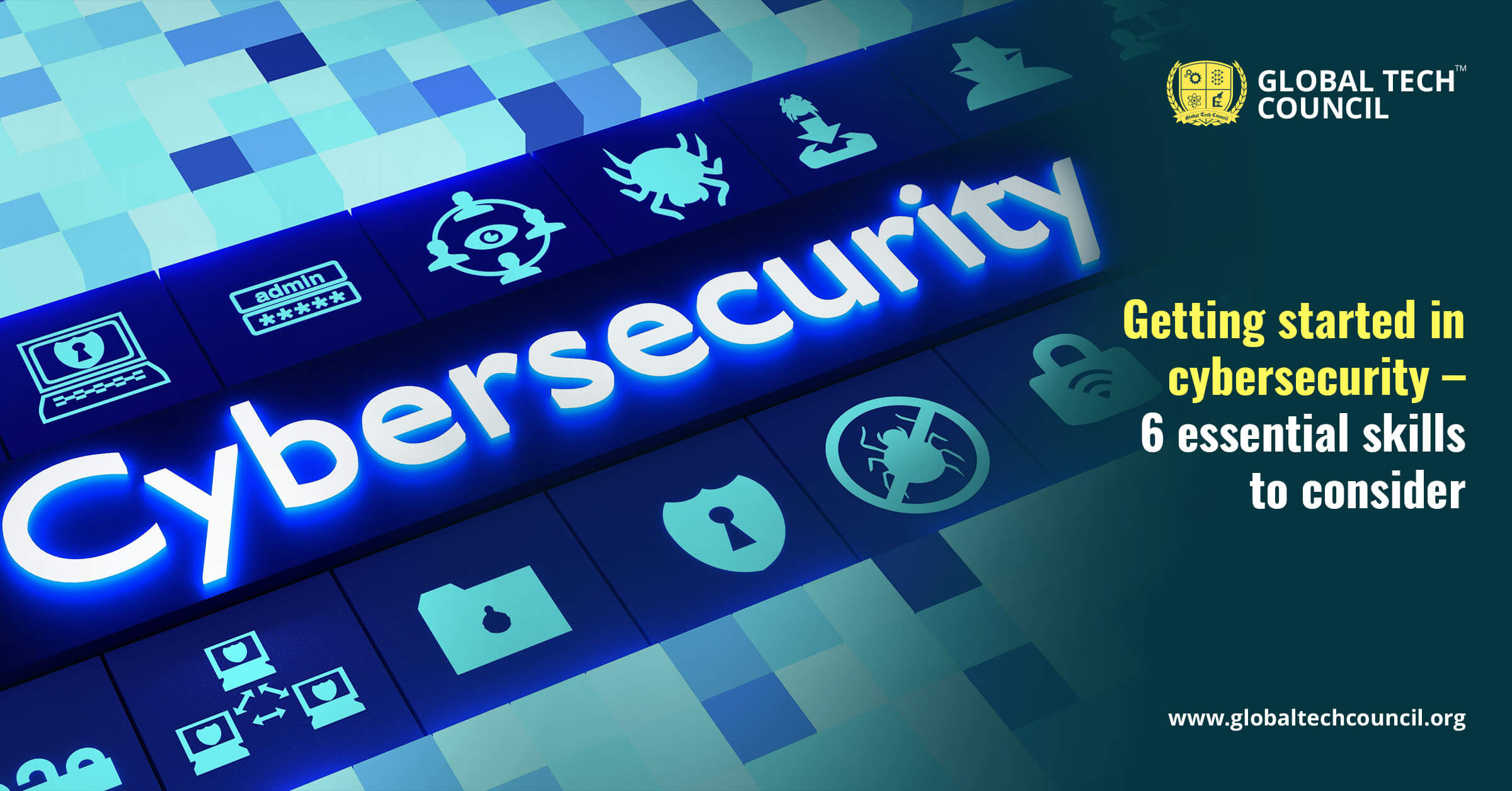
When it comes to the talents required to step into the realm of cybersecurity, many concerns must be answered. How much will they have to speak with other members? What technological abilities will they need to know? And whether they need to know about coding?. In this piece, I’ll go through the six abilities that nowadays most cybersecurity roles require, why they’re vital, as well as how you may improve them.
6 Skills for Getting Started in Cyber Security
Fixing with logical thinking
The capacity to discover an issue and address it via troubleshooting is perhaps the biggest sought-after technological skill. Yet, it’s also the most difficult to acquire since it consumes a lot of effort and expertise to master. That’s why your abilities to approach systematically any cybersecurity challenge, troubleshoot problems, plus implement a remedy, in combination with your technical expertise, are the foundation for your accomplishment in cybersecurity. Therefore, you’ll require good practice to build this logical thinking plus troubleshooting talent and try to implement answers and actions rationally when difficulties emerge.
Technical skills
When people conceive of the talents required to be effective in cybersecurity, most individuals instantly think of tech-related knowledge. Technical abilities are the most crucial and fundamental skills which are needed for a cybersecurity job. Generally, technical skills include DevOps, coding, administration, and many more.
Technical abilities can be divided into two groups.
- Good knowledge of technical abilities, in which we perform the activity or complete the task is crucial. Companies generally pay attention to the “expertise” section of the employment contract. This real expertise and experience might range from establishing a connection to vulnerability checking a system to install a firewall. Looking at genuine job advertisements relevant to cybersecurity in which you are interested and seeing the precise solutions they are listing is the most exemplary method to discover which technical abilities are required of you. This was the first category.
- Security workers must be fluent in a few programming languages. This is the second category. Programming skills are critical in the domain of cybersecurity. Python allows coders to connect systems more efficiently. In the upcoming years, it will tend to be one of the most broadly implemented languages. Python regarded solutions are utilized to traverse the web page and analyze for XSS plus SQL injections.
Documentation & writing skills
You’ll have to note down as well as record everything that you perform in cybersecurity. This is one of the most important ways for your colleagues to understand what you’ve worked on as well as for you to recollect what you’ve performed. It is even helpful for us to connect with our clients. You do not require to be an expert in English to learn this ability, thankfully. Writing with transparency, straightforwardness, and specificity is the preferred technique to ensure that others understand what you’ve executed.
Threat modeling & encrypting
Encryption is a method of converting text documents into unreadable data. To lessen the vulnerability, data encryption is utilized. When data is transported over systems, it must be encoded to prevent unauthorized access to the flow. Specialists in the field of cybersecurity are required to have prior knowledge of encryption.
The threat setup approach is crucial in the creation of security policies. The method entails identifying as well as assessing security hazards to the software system. A threat model identifies the various ways that an attacker can get access to the network. Methods for threat modeling could be used to a wide range of objects, encompassing software programs, computers, networks, and business operations.
The capacity to operate alone as well as a self-starter
The majority of entry-level as well as midrange cybersecurity experts do not waste considerable time in conferences. While you will be a member of a group, most cybersecurity activity is not done in groups. You are genuinely being compensated for the skill to complete tasks autonomously to resolve issues and complete tasks. And, because this is generally a one-on-one effort, becoming a self-starter is essential. The very last point a boss likes is a staff who requires constant supervision, so if you can work individually, try to be a self-starter.
Detection of Malware
This field of study focuses on determining the source, technical structure, purpose, and effect of malware identified on a software system. Understanding the precise kind of malicious computer virus, trojan, rootlets, or backend hiding in a design or program is included in this field. In almost all cases, malware is intended to collect or exploit sensitive data or financial information. Professionals having a solid understanding of malware identification are in substantial desire in the market. Companies can use this skill to develop mitigation and reaction plans.
Conclusion
So this was all about the skills and abilities required for a cybersecurity job, including technical and non-technical expertise. The best way to get a career in cybersecurity is to go for a cybersecurity certification course. Even many firms also provide some cybersecurity training for newbies.